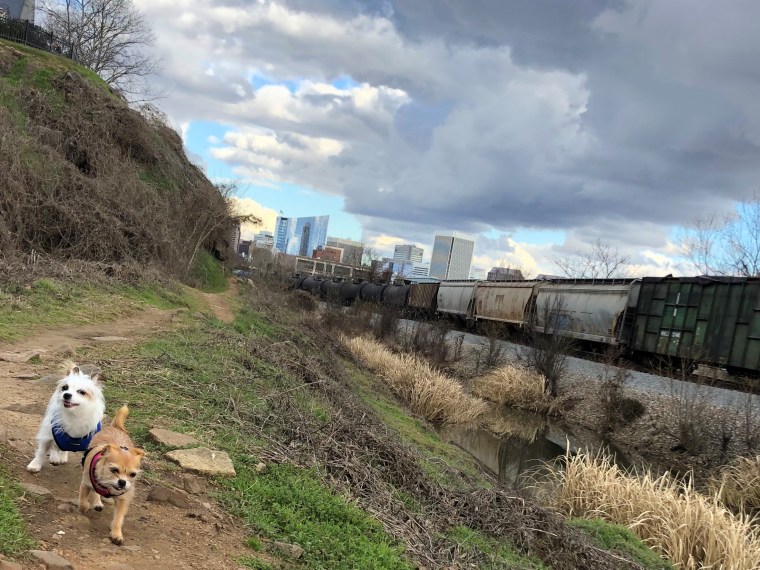Admittedly, this post is more like “Word of the Year” than “Word of the Week,” since I haven’t written a “Word of the Week” post in much, much longer than a week–but better late than never, as they say.
On Friday, February 7, I attended a presentation that was part of the annual Richmond

Environmental Film Festival (it runs through this Friday, February 14, so show Mother Earth some Valentine’s Day love and attend if you’re in the area!). The presentation was called “Singapore: Biophilic City.” Two elements of it caught my attention: 1) the new, unfamiliar word “biophilic” and 2) the fact that my city, Richmond, recently committed to becoming one of 22 biophilic cities worldwide. I needed to know what the word meant in general, but also what it meant for my community–and for myself as a resident.
The program opened with Dr. Tim Beatley asking the audience, by show of hands, to indicate how many people were familiar with or had ever used the word “biophilic.” A sparse smattering of hands went up, and Dr. Beatley explained that “biophilia,” which contains the root “phil” (love) literally translates to “a love of nature” or “a love of life.” A biophilic city, then, is one that focuses on and incorporates nature into the urban environment, as opposed to isolating its citizens from the natural world. A biophilic city recognizes nature as its core. As Dr. Beatley said, “Nature is not optional,” and a biophilic city recognizes the important role nature plays in, well, everything–even as we as a species seem to be distancing ourselves from it with technology and increasingly living our lives inside.
“Biophilia,” which contains the root “phil” (love) literally translates to “a love of nature” or “a love of life.”
In addition to Richmond, Portland, Oregon, is part of the Biophilic Cities Network. In the film screening shown during the program Friday, one of Portland’s residents explained, “We share the urban landscape with wildlife,” in reference to the city’s successful efforts to reinforce and preserve a school’s old chimney to provide a roosting place for swifts. Watching the swifts fly in and prepare to roost for the night has become a major community event in Portland, helping its residents feel more in harmony with and connected to nature–more biophilic.

In Atlanta, Georgia, a biophilic charter school engages in what they call “nature-based learning.” The school’s administration said, “We have to be prepared for whatever nature brings for us.” The students keep all kinds of clothing and gear, from rain boots to winter coats, in their lockers. They don’t hide from the weather; they work with it. As one of my favorite sayings goes: “There is no bad weather, only bad clothing.”
The Atlanta charter school doesn’t stop at teaching students to work with the weather, not against it; they also aspire to teach children to appreciate all forms of nature and life. Teach children to “appreciate the life of an ant,” the administration said, and you can teach them to more deeply appreciate human life.
As the word “biophilic” indicates, pillars of a city committed to this mission include fostering a strong connection with nature and creating a sense of our place within nature. Despite our iPhones and climate-controlled classrooms and cars and laptops, we cannot get away from nature, because we are part of it. We have no choice. We are not separate from nature, and, according to Dr. Beatley, “Contact with nature is a birthright.”
At the close of the program, Dr. Beatley challenged all in attendance to find a way to use the word “biophilic” in our conversations and lives. This blog post is one of my attempts–and now, I leave you with the same charge: use the word “biophilic” and spread the word (pun intended) about our continued, inescapable connection the the natural world.
Now, go forth! You have been linguistically empowered!